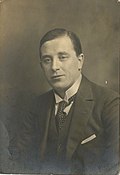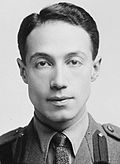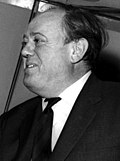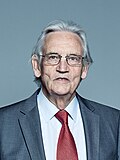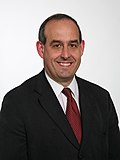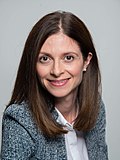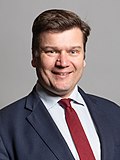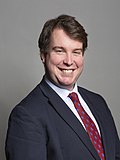| Parliamentary Private Secretary to the Prime Minister | |
|---|---|
 Royal Arms as used by His Majesty's Government | |
| Prime Minister's Office | |
| Appointer | Prime Minister |
| Formation | 1906 |
| First holder | Hubert Carr-Gomm |
| Website | 10 Downing Street |
The parliamentary private secretary to the prime minister is a parliamentary private secretary serving the prime minister of the United Kingdom. The holder of the office is widely viewed as the prime minister's "eyes and ears" on the backbenches, serving as a liaison to the prime minister's parliamentary party. [1] [2] The parliamentary private secretary is also responsible for meeting with members of Parliament when the prime minister is unavailable, and accompanying the prime minister to, and assisting them with preparations for Prime Minister's Questions. [2] [3] They usually sit directly behind the prime minister during question time.






